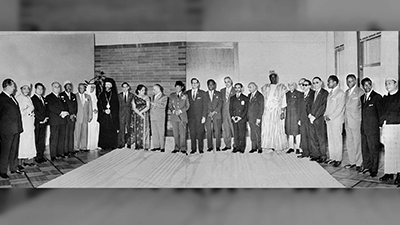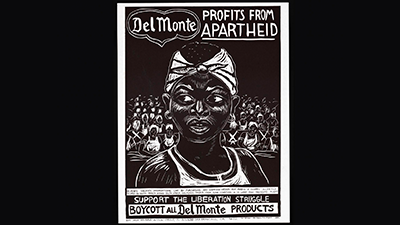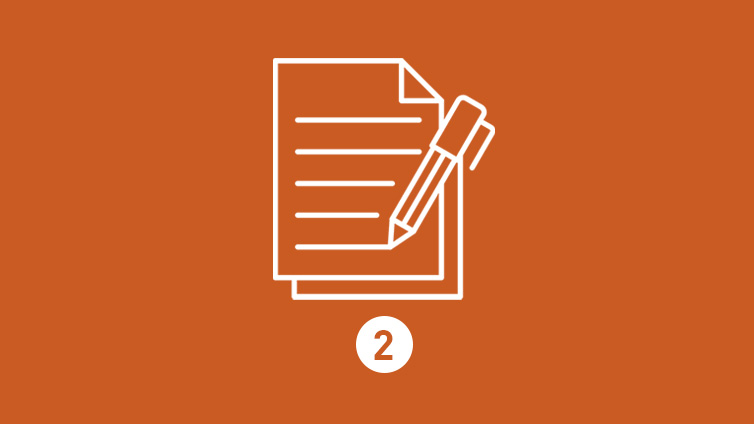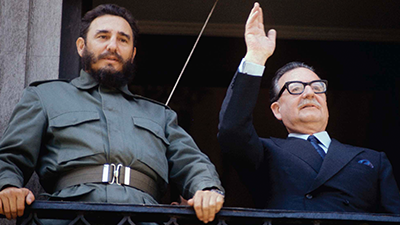Connecting Struggles for Liberation
Teacher Resources
Driving Question: How were local fights against injustice connected to global trends in decolonization?
The fight for justice didn’t stop with independence. See how civil rights and anti-apartheid movements challenged racism, inequality, and oppression while drawing strength from global connections.
Learning Objectives:
- Use close-reading skills to analyze how liberation movements were connected to decolonization.
- Create arguments using historical evidence to support claims and communicate conclusions through informal writing.
Vocab Terms:
- apartheid
- coup
- decolonization
- ideological
- intervention
- protest
- superpower
Opener: Connecting Struggles for Liberation
To teach this lesson step, refer to page 2 of the Lesson 8.7 Teaching Guide.
Check out the OER Project Writing Guide to learn more about how to support your students’ writing.
These song lyrics will help you consider the causes of the Civil Rights movement in the United States and to begin thinking about its global connections.
Civil Rights and Apartheid
To teach this lesson step, refer to page 3 of the Lesson 8.7 Teaching Guide.
Looking for a compliment to the Apartheid article. The Mandela Effect from NPR’s Throughline is a great audio resource, learn more in the Community.
Use these articles and an activity to examine how struggles for racial justice in the United States and South Africa were part of larger global movements for freedom.
-
Guiding Questions
-
Before you read
Preview the questions below, and then skim the article. Be sure to look at the section headings and any images.
While you read
Look for answers to these questions:
- What was the Double-V campaign?
- How did Hitler use racism in the United States to support his arguments?
- How did anticolonial leaders influence the US civil rights movement?
- Why did civil rights activism create a problem for US foreign policy during the Cold War?
- What role did international events play in shaping civil rights efforts in the United States?
After you read
Respond to this question: How does this article support or challenge the idea that civil rights movements were part of global struggles linked to the Cold War and decolonization?
-
Guiding Questions
-
Before you read
Preview the questions below, and then skim the article. Be sure to look at the section headings and any images.
While you read
Look for answers to these questions:
- What was apartheid?
- What were some of the key apartheid laws and policies?
- How was apartheid similar to Jim Crow laws in the United States?
- What did the Freedom Charter demand?
- How did Cold War politics shape the fight against apartheid?
After you read
Respond to these questions: How did both local communities and global networks contribute to ending apartheid? Why is it helpful to look at the change through both lenses?
Closer: Connecting Struggles for Liberation
To teach this lesson step, refer to page 5 of the Lesson 8.7 Teaching Guide.
Closers are a great way to assess student learning, and the Unit 8 Notebook is a perfect way to see progress. Read more in the OER Project Assessment Guide.
Use this informal writing opportunity to reflect on how local and global struggles for justice were connected and what those connections reveal about the world today.
Cold War in Latin America
To teach this lesson step, refer to page 5 of the Lesson 8.7 Teaching Guide.
Land reform, resistance against authoritarian rule, Cold War influences, decolonization, and the fight for democracy all came together in Latin America.
-
Guiding Questions
-
Before you read
Preview the questions below, and then skim the article. Be sure to look at the section headings and any images.
While you read
Look for answers to these questions:
- In what way is Latin American history like a pendulum?
- How did Latin American politics shift to the left before World War II?
- What changes occurred after World War II that made politics more radical?
- How did neoliberalism affect Latin America?
- How did global and local forces shape these shifts?
After you read
Respond to these questions: Do the changes in modern Latin America covered in this article feel more like revolutions or cycles of change? Why?






